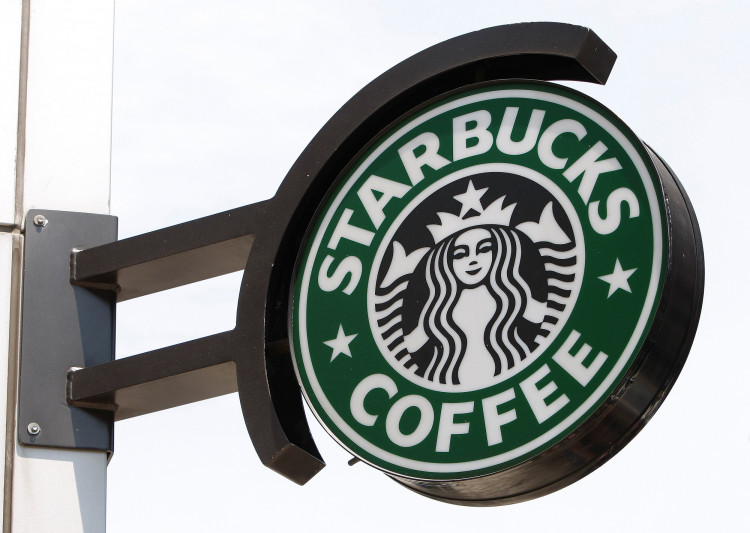Starbucks employees have escalated their strike to nine states, marking a significant labor action during the busy holiday season. The strike, organized by Starbucks Workers United, involves thousands of baristas seeking improved wages, staffing, and scheduling arrangements. Initially impacting stores in Los Angeles, Chicago, and Seattle, the walkouts have now expanded to locations in New York, Pennsylvania, Missouri, and New Jersey, with more cities expected to join by Christmas Eve.
Workers United, representing more than 10,000 employees at over 525 stores nationwide, warns the strike could eventually affect "hundreds of stores." While this would still be a fraction of Starbucks' 11,000 U.S. locations, the timing of the strike threatens to disrupt one of the company's most lucrative periods, driven by seasonal beverages, gift card sales, and merchandise.
The five-day strike began Friday, with reports of closed stores and picket lines in major metropolitan areas. On Sunday, Starbucks Workers United reported that approximately 30 stores were completely shuttered due to the strike, though the union suggested the full impact remains uncertain. Starbucks, however, downplayed the disruption, stating that only a "small handful" of locations have been affected. "The few disruptions we have experienced this week have had no significant impact to our store operations," the company said.
Negotiations between Starbucks and the union, which began in April, have reached an impasse. The union accuses the company of bad-faith bargaining, alleging Starbucks has walked back earlier commitments. Lynne Fox, president of Workers United, criticized Starbucks for failing to deliver meaningful improvements for baristas. "Union baristas know their value, and they're not going to accept a proposal that doesn't treat them as true partners," Fox said in a statement.
Starbucks argues it has offered a competitive benefits package, claiming its average pay exceeds $18 an hour and, when combined with benefits, amounts to $30 an hour for employees working at least 20 hours a week. The company also highlighted its efforts to address tipping and other benefits for unionized workers. However, it rejected union wage demands as unsustainable, stating they would require an immediate 64% minimum wage increase and a 77% increase over a three-year contract. The union denies making such demands, accusing Starbucks of mischaracterizing its proposals.
The strike highlights a growing tension between Starbucks and its unionized workforce. Starbucks Workers United asserts that progress in negotiations has stalled since Brian Niccol assumed the role of CEO in September. On Friday, the union filed an unfair labor practice charge, accusing Starbucks of refusing to bargain in good faith over economic issues.
Starbucks' refusal to meet union demands has drawn criticism from workers and supporters alike. Employees participating in the strike describe challenging work conditions and inadequate pay, particularly given the company's high profits during peak seasons.
The timing of the strike, set to extend through Christmas Eve, could amplify its impact. Holiday sales are a critical revenue driver for Starbucks, with the company relying heavily on its fall and winter-themed beverages and merchandise. The National Retail Federation predicts holiday sales growth of 2.5% to 3.5% this year, the slowest rate since 2018, potentially exacerbating pressure on retailers like Starbucks.




